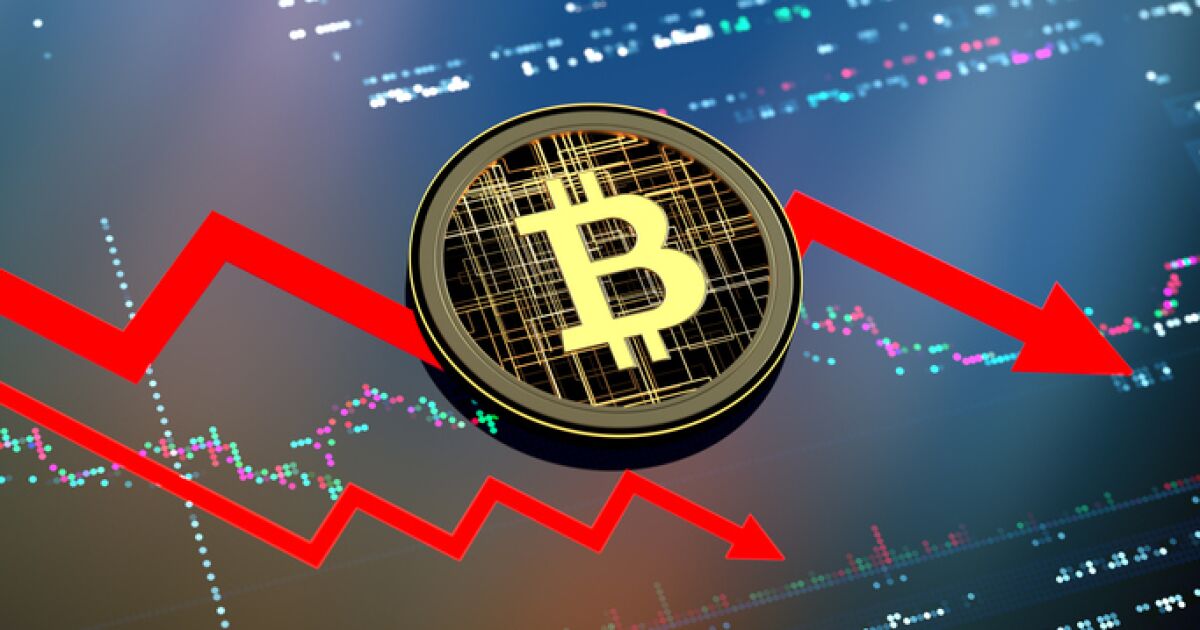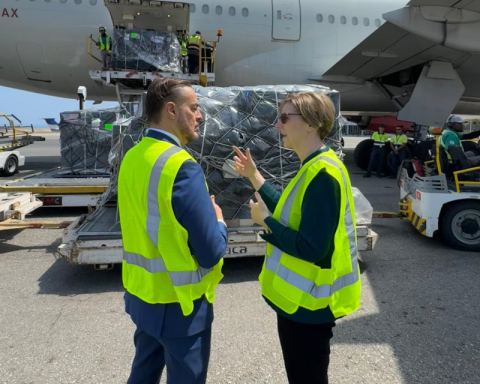Salvadoran Finance Minister Alejandro Zelaya did not comment on the matter.
El Salvador became the first country in September to make bitcoin legal tender, along with the US dollar. Its economy has been dollarized for two decades.
Since then, the IMF has repeatedly called for the measure to be reversed, citing financial, economic and legal problems.
The IMF board said it was important to boost financial inclusion and that the Chivo e-wallet, created by the government to exchange bitcoins, could play this role. However, he sees “the need for strict regulation and supervision of the new ecosystem.”
Some board members were also concerned about risks associated with El Salvador’s expected bitcoin-linked bond issuance, the IMF said.
The country is preparing to issue $1 billion in bonds, half of which would be used to buy bitcoin.
The government is betting that exposure to bitcoin gains will attract investors, who would receive a dollar yield of 6.5%, much lower than what the market is currently quoting for a similar Salvadoran public debt of around 17%.
In its statement, the IMF also warned that with the current levels of debt spending, El Salvador’s public debt could increase to about 96% of GDP in 2026, which it described as an “unsustainable trajectory.”
















